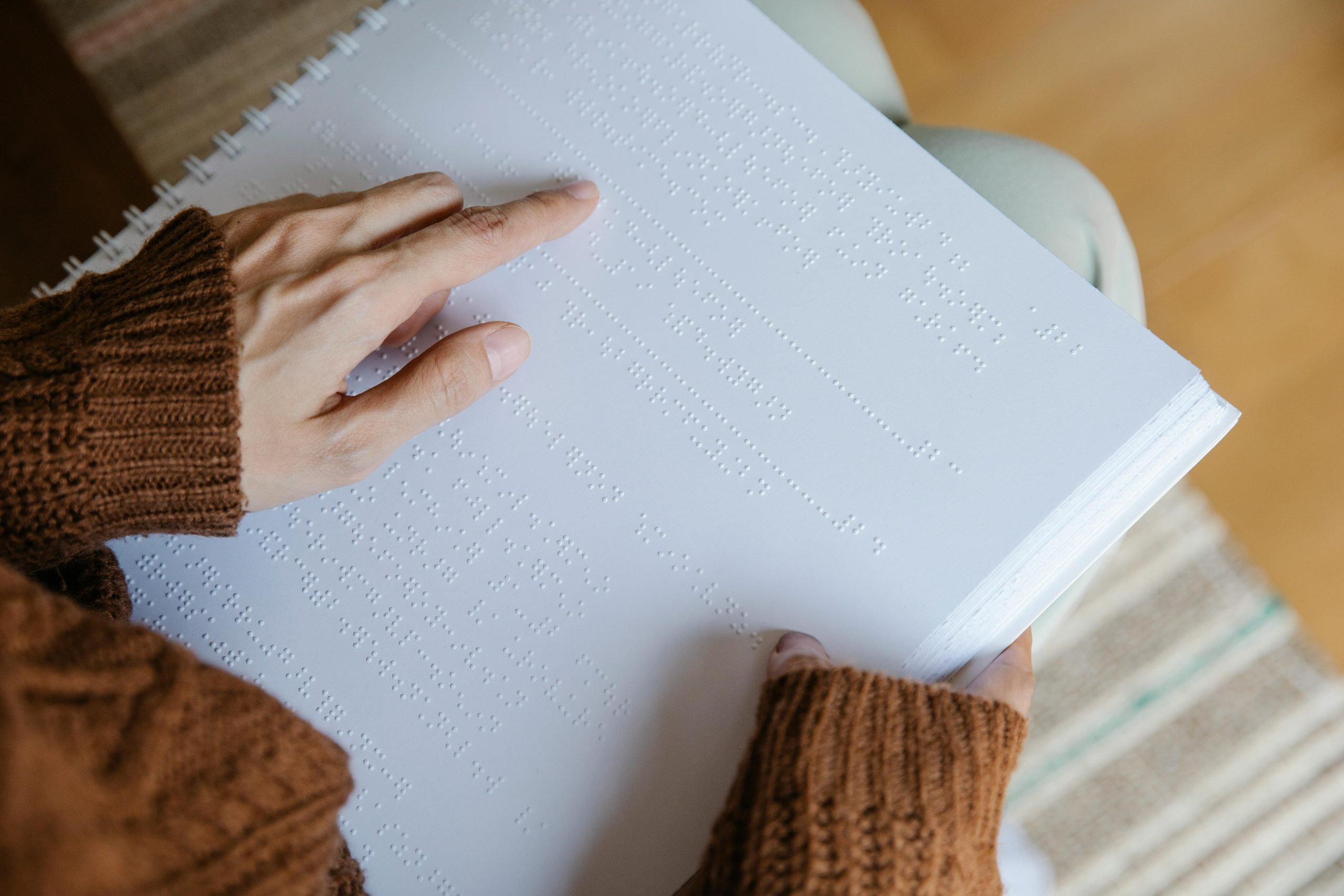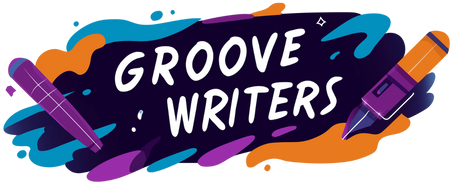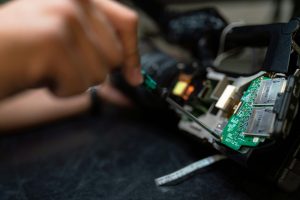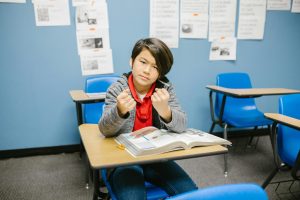Education Access for Refugees and Migrants
The issue of education access for refugees and migrants is one that is often overlooked in the midst of other pressing global issues. However, the lack of educational opportunities for this population has far-reaching consequences, not only for individuals but for entire communities and societies. In this article, we will explore the challenges facing refugees and migrants in accessing education, as well as the critical role that education plays in their integration and empowerment.
The Importance of Education for Refugees and Migrants
Education is a fundamental human right, essential for personal development and the ability to contribute to society. For refugees and migrants, education serves as a powerful tool for rebuilding their lives and overcoming the challenges they face in their new communities. It provides them with the knowledge, skills, and self-confidence to become self-reliant, productive members of society.
Furthermore, education plays a crucial role in the integration process of refugees and migrants. It helps them to learn the language and culture of their host country, promoting social cohesion and understanding. Education also helps to break down barriers and dispel negative stereotypes, promoting a more inclusive and accepting society.
The Challenges of Educational Access for Refugees and Migrants
Limited Resources and Support
One of the biggest challenges facing refugees and migrants in accessing education is the lack of resources and support. Many refugee camps and migrant settlements are underfunded and struggling to provide basic services, let alone education. As a result, there is a severe shortage of schools, teachers, and learning materials, making it difficult for these populations to access quality education.
Language Barriers
The language barrier is a significant barrier for refugees and migrants in accessing education. Many are forced to leave their homes without proficiency in the language of their host country, making it challenging to understand and participate in the education system. Lack of language support and resources can also lead to a higher dropout rate among refugee and migrant students.
Legal Restrictions and Discrimination
In some countries, refugees and migrants face legal restrictions that prevent them from accessing education, specifically higher education. Discrimination and xenophobia also play a role in limiting educational opportunities for these populations. This leads to a lack of recognition for their qualifications and skills, making it difficult for them to obtain employment and contribute to their new communities.
Efforts to Improve Education Access for Refugees and Migrants
International Organizations and Non-Governmental Organizations
Many international organizations, such as UNHCR and UNESCO, are working to improve education access for refugees and migrants. They provide funding, resources, and support to governments and local communities to establish and run educational programs for refugee and migrant populations. Non-governmental organizations also play a critical role in filling the gaps and providing essential education services to these marginalized communities.
Integration Programs
Integration programs, such as language classes and cultural orientation programs, are essential in helping refugees and migrants access education. By equipping them with the necessary skills and knowledge, these programs facilitate their integration into the education system and society as a whole. Governments and local organizations must invest in and expand these programs to bridge the gap for these vulnerable populations.
Schools as Safe Spaces
Schools can also serve as safe spaces for refugee and migrant children, providing them with stability and a sense of community. They also offer opportunities for mental health support and psychosocial services for those who have experienced traumatic events in their home countries. By creating a safe and nurturing learning environment, schools can support the holistic development and well-being of refugee and migrant students.
Conclusion
Access to education is a basic human right that should be available to all, including refugees and migrants. By overcoming the challenges and barriers faced by these populations, we can harness the potential of millions of individuals and make a positive impact on society. Governments, international organizations, and local communities must work together to ensure that education is accessible to all, regardless of their background or circumstances.










